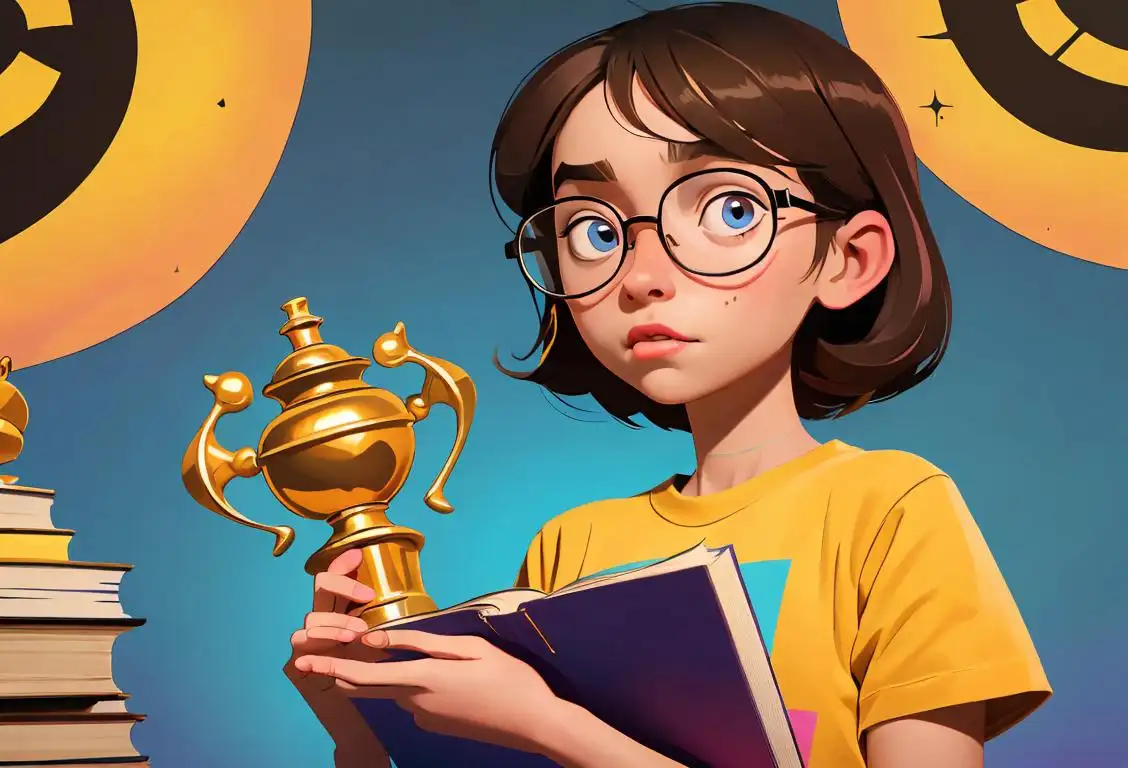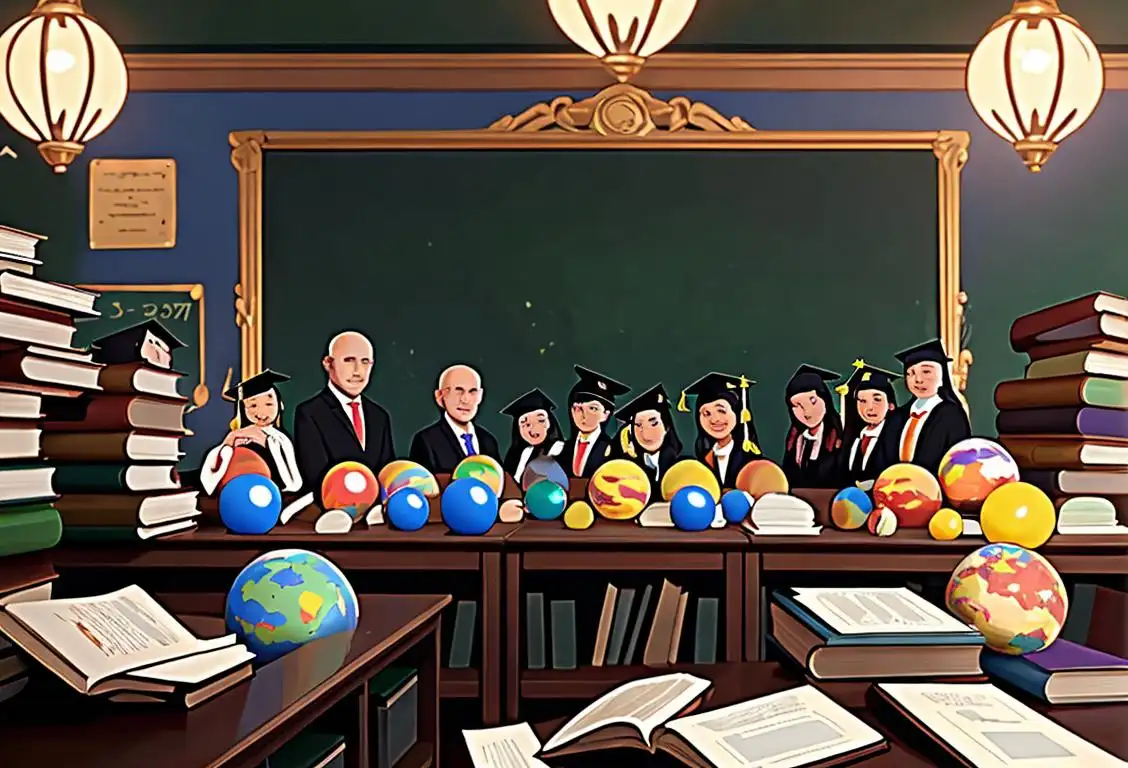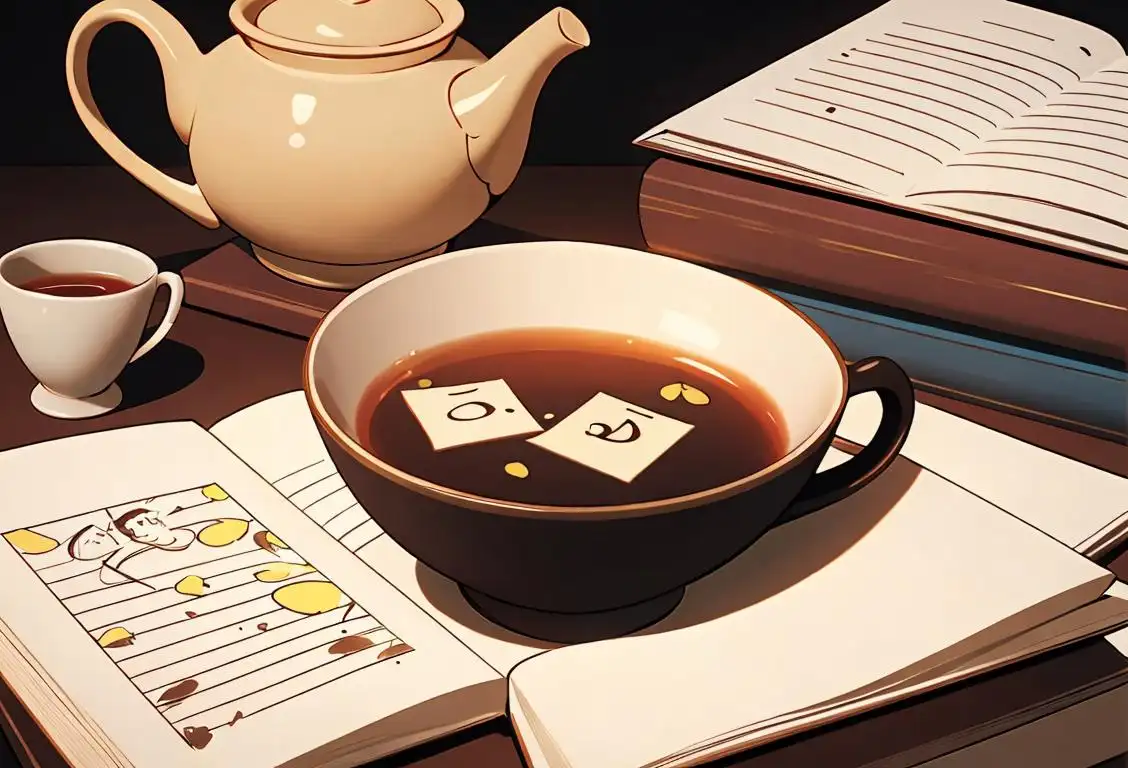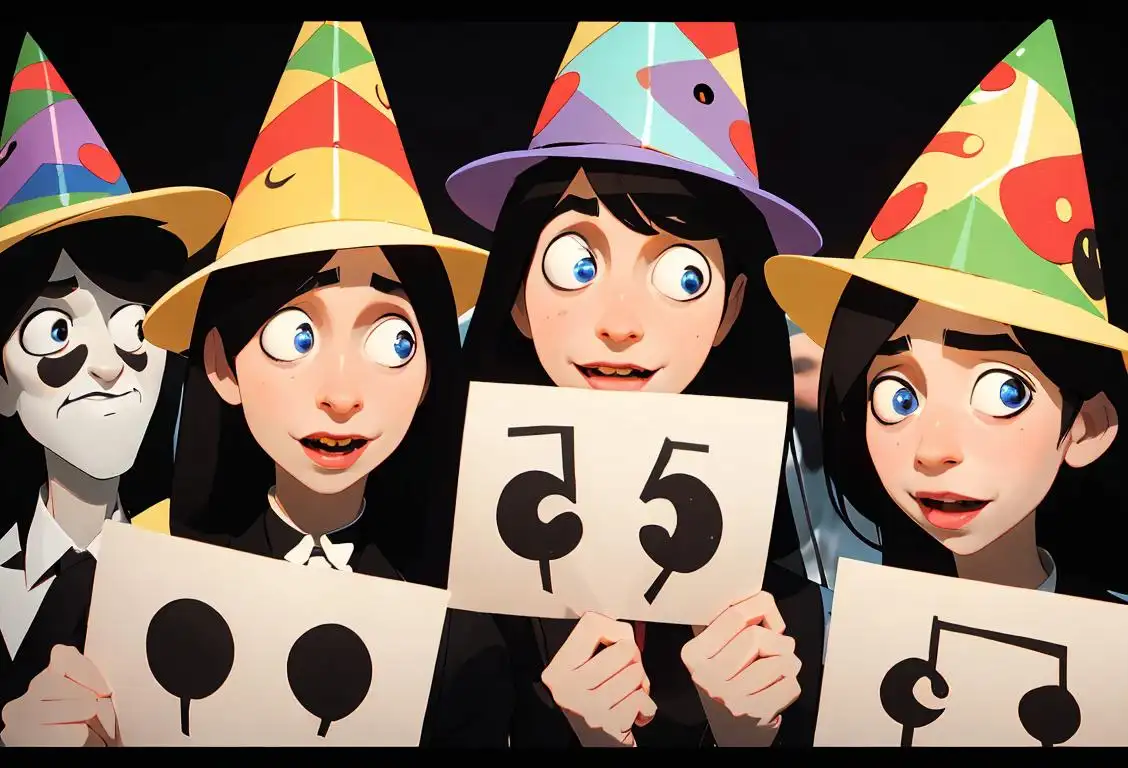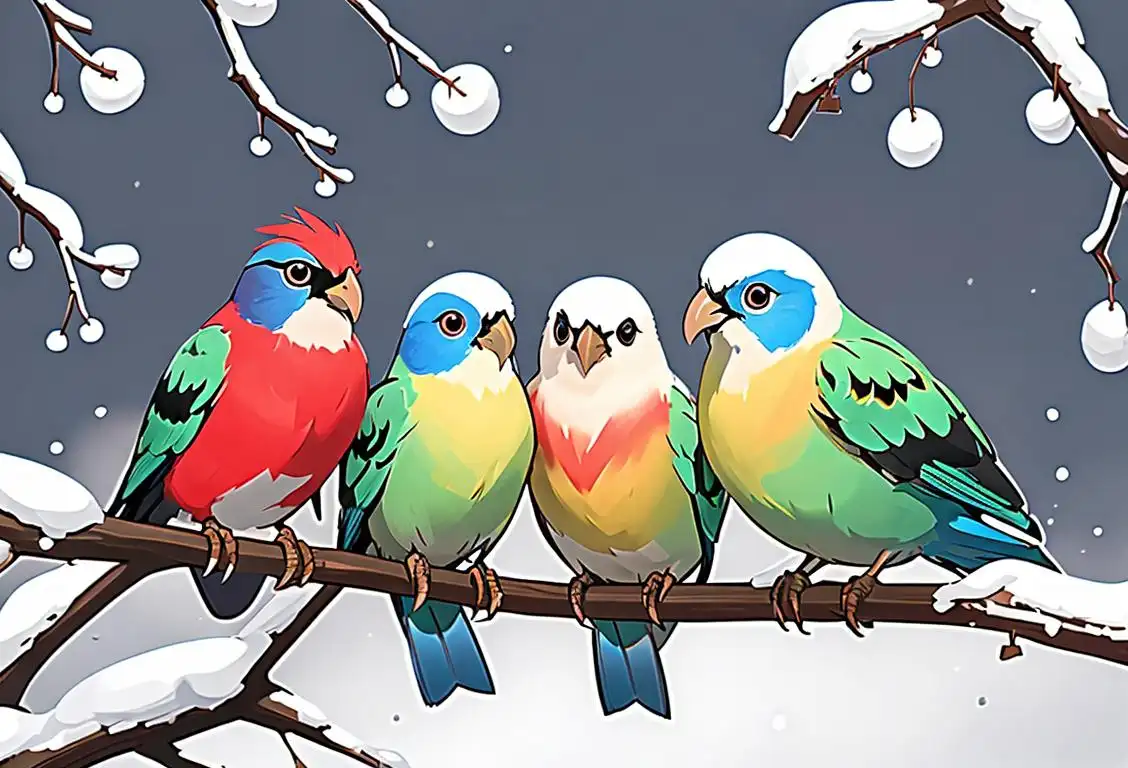National Dictionary Day

Ah, National Dictionary Day! A day to celebrate the magnificent, mind-boggling, and sometimes mystifying world of dictionaries. On this day, word enthusiasts gather to express their love for language and appreciate the power of words. So grab your favorite dictionary and let's dive into the linguistic wonders that await!
When is Dictionary Day?
It's national dictionary day on the 16th October.
A Brief History of National Dictionary Day
Every year on October 16th, National Dictionary Day takes center stage, capturing the hearts and minds of logophiles everywhere. The origins of this day can be traced back to the birthday of Noah Webster, the lexicographer who wrote the first American dictionary. Noah Webster was an iconic figure in the world of language, dedicating his life to Standard American English and providing a source of linguistic authority.
Over the years, dictionaries have evolved from humble printed books to online resources, making the vast realms of words easily accessible. Thanks to the internet, we can now explore the meanings, pronunciations, and etymologies of words with just a few clicks!
The Celebration of Words
On National Dictionary Day, language lovers engage in various activities to commemorate this special occasion. Some may spend hours flipping through pages, discovering new words and expanding their vocabularies. Others participate in word games, challenging their friends to see who can come up with the most obscure or impressive words.
Teachers often incorporate National Dictionary Day into their lesson plans, encouraging students to explore the fascinating world of words. They may organize spelling bees, vocabulary quizzes, or even host fun word-related competitions to nurture a love for language.
Fun Fact: A Staggering Number of Words
Did you know that the English language has over 170,000 words? That's a whole lot of vocabulary to master! And with new words being added every year, you might need to take a few more National Dictionary Days to keep up with the ever-growing lexicon.
History behind the term 'Dictionary'
1604
First Step towards Language Consolidation
Robert Cawdrey, an English schoolteacher, published the earliest known English dictionary titled 'A Table Alphabeticall' in 1604. It contained around 3,000 words along with their definitions, and was aimed at helping students learn to read and write.
1755
Definitive Dictionary by Dr. Samuel Johnson
The year 1755 marked the publication of the landmark dictionary 'A Dictionary of the English Language' by Dr. Samuel Johnson. It was the first comprehensive dictionary of English and contained around 40,000 words. Johnson himself worked on compiling the definitions, etymologies, and examples for many years, setting a high standard for future lexicographers.
1806
A Leap Towards American Language Documentation
The first dictionary specifically documenting American English words was published in 1806. Noah Webster, a famous American lexicographer, released 'A Compendious Dictionary of the English Language,' which aimed to establish a distinct American identity in language through spelling reforms and the inclusion of Americanisms.
1884
The Oxford English Dictionary Project Begins
The monumental undertaking of creating the Oxford English Dictionary (OED) commenced in 1884. This project involved the collaboration of numerous scholars and volunteers, led by Scottish lexicographer James Murray. The publication of the full OED, which included definitions, etymologies, and quotations, took several decades to complete.
1971
Merriam-Webster's Third New International Dictionary
Merriam-Webster's Third New International Dictionary, published in 1961, sought to revolutionize lexicography by utilizing an extensive database and innovative citation-based approach. It embraced the use of descriptive rather than prescriptive language and included a vast number of words and definitions, reflecting the ever-evolving nature of the English language.
Did you know?
Did you know that the word 'dictionary' comes from the Latin word 'dictionarium,' which means 'a collection of words'? It's like a treasure trove filled with linguistic jewels!Tagged
fun education languageFirst identified
16th October 2015Most mentioned on
16th October 2017Total mentions
1610Other days
Grammar Grammar Day
Dictionary Day
Teach German Day
Spelling Day
Teacher Day
Teacher Appreciation Day
Grammar Day
Education Day
Punctuation Day
Bird Day


